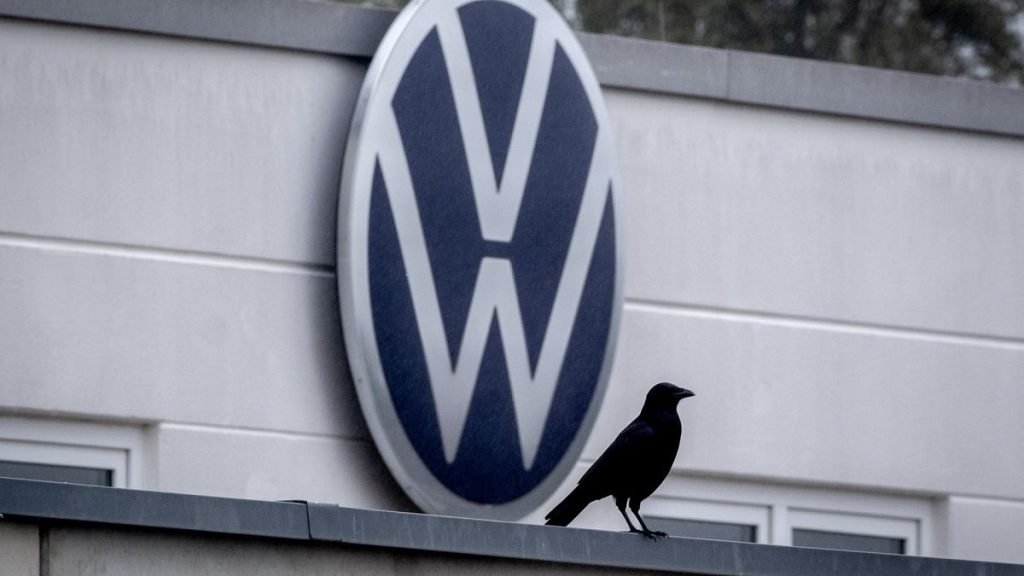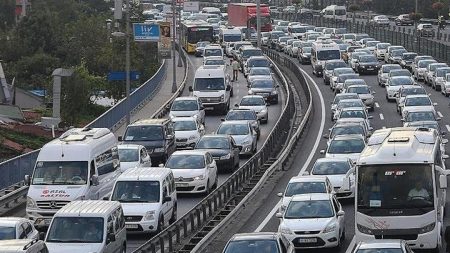A recent study predicts that the European automotive industry could lose up to 186,000 jobs over the next ten years, with Germany being one of the worst-hit countries. This potential loss is mainly attributed to the shift towards electric vehicle (EV) production within the industry. The situation has been further exacerbated by the uncertainty surrounding potential tariffs on European products imposed by the incoming US president, Donald Trump. The Association of the German Automotive Industry (VDA) is urging both the US and the EU to engage in dialogue to prevent such tariffs from being implemented, as it could lead to a trade conflict detrimental to both parties.
The potential tariffs on European products, particularly in the automotive industry, threaten to undermine EU economic growth if implemented. President-elect Donald Trump has repeatedly expressed his intention to impose a 10% tariff on European goods, with the automotive sector being a primary target. The VDA stresses the importance of preventing such tariffs from materializing to avoid further economic repercussions. The closure of three Volkswagen plants in Germany highlights the challenging situation already faced by the automotive industry in the country, further highlighting the need to address potential threats to international trade.
In addition to the automotive sector, the steel industry is also at risk due to the unresolved issue of tariffs imposed by the previous Trump administration. The European Steel Association (EUROFER) warns of further challenges ahead, as negotiations have stalled since the US election campaigns began. The potential repercussions of failing to reach a resolution could result in significant tariffs on European steel exports, further impacting the industry. EUROFER emphasizes the importance of persuading the new US president to align with climate goals, as steel and aluminum manufacturing are significant contributors to carbon emissions.
The ongoing uncertainty surrounding trade relations between the US and the EU underscores the need for continued dialogue and cooperation to address potential threats to various industries. The VDA and EUROFER both advocate for a collaborative approach to prevent further economic disruptions, stressing the importance of considering both political and economic factors in decision-making. Dialogue between the two parties is essential to finding mutually beneficial solutions that avoid the escalation of trade conflicts.
The implications of potential tariffs on European products go beyond economic concerns, as they could further strain transatlantic relations and impact global trade dynamics. The EU and the US must navigate these challenges with a long-term perspective, considering the broader geopolitical implications of trade policies. Collaborative efforts to address trade disputes and promote sustainable practices are crucial for maintaining stability and fostering economic growth on both sides of the Atlantic.
Ultimately, the resolution of trade conflicts and the alignment of economic policies with climate goals are necessary to ensure the long-term viability of industries such as automotive and steel manufacturing. The incoming US administration must engage in constructive dialogue with European counterparts to address trade disputes and promote sustainable practices. By working together, the EU and the US can navigate the challenges facing their economies and forge a path towards shared prosperity and environmental sustainability.















